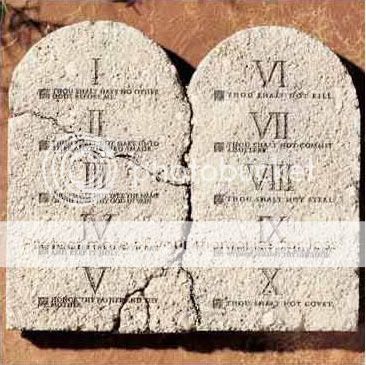Where the ‘oughts’ come from
 Activists have been trying to drive religiously informed voices out of public debate for a very long time, with some success. But what’s their basis for arguing what we ought to do?
Activists have been trying to drive religiously informed voices out of public debate for a very long time, with some success. But what’s their basis for arguing what we ought to do?
The Church holds that it’s the natural law, expressed in the Golden Rule attributed to Augustine of Hippo. And also holds that it shapes everything we do, or should.
The pope said as much when he met with the new ambassador from Belgium, assuring that the Church would serve all sectors of Belgian society. But he was talking about a much larger society in his message.
Look, he said, (actually, I added that part)….the Church is actively contributes through educational institutions and social services, among other ways.
“Nonetheless”, he continued, “it is worth pointing out that the Church, as an institution, has the right to express herself in public. … She respects the right of everyone to think differently from herself, and would like to see her own right to expression respected. … The Church, having the common good as her objective, wants nothing other than the freedom to be able to present this message, not imposing it on anyone, and respecting people’s freedom of conscience”.
It was his religious roots that inspired St. Damien to devote his life to lepers shunned and marginalized by society, showing that “the Gospel is a source of power [people] need not fear.”
Benedict took the opportunity to bring up a point he makes often: political consensus can’t replace the truth, because
“without truth, without trust and love for what is true, there is no social conscience and responsibility, and social action ends up serving private interests and the logic of power, resulting in social fragmentation, especially in a globalised society at difficult times like the present”.
The logic of power, we have plenty of that. We need the power of logic. And reason and the natural law.
Or…’what you can’t not know.’

